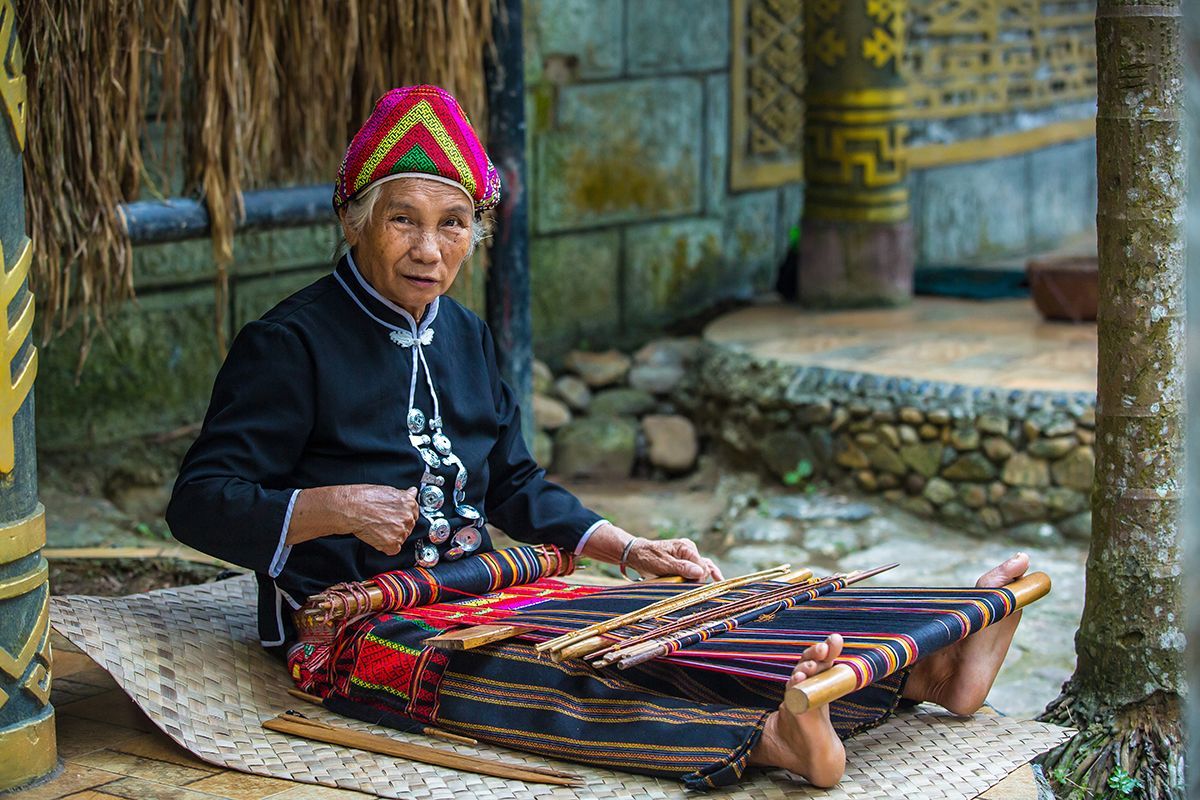© This article is an extract from Paul Hattaway's epic 656-page China’s Book of Martyrs, which profiles more than 1,000 Christian martyrs in China since AD 845, accompanied by over 500 photos. You can order this or many other China books and e-books here.
1900 - Liu Fengshi & Family
July 31, 1900
Taigu, Shanxi
Deacon Liu and his family—martyrs for Jesus Christ.
Liu Fengshi was one of the best-loved Chinese church leaders in Shanxi Province at the time of his martyrdom in 1900. Better known simply as ‘Deacon Liu,’ he was a huge man for a Chinese, standing well over six feet tall and strongly built. Liu was the first fruits of the missionary work at Taigu.
Prior to his conversion he had “wasted his substance in riotous living, a gambler, an opium-taker, a man of violent temper whom none dared to offend, yet a man of good education and great ability, a leader in all affairs in his native village.”[1] At the age of 47, with his wealth gone because of drug addiction, he humbled himself by going to Taigu and asking for help from Dr. Atwood who ran an opium clinic. The missionaries relied on prayer and the power of God to bring deliverance to the addicts’ lives. They also used a little psychology. All new patients were given a dose of weak morphine to help them through the initial stages of withdrawal. As the treatment continued, the missionaries injected only water into their patients, who believed they were still being given morphine.
During his first stay of 40 days Liu heard the gospel for the first time, and gradually opened up his heart to let the Saviour in. He remembered, “This repentance of mine gave me true peace of mind. I knew that the truth in Christ leads to the right way, saves men’s souls, ensures heaven and eternal life. This is true joy, and from this time I had true peace of heart.”[2]
When Liu first put his trust in Christ many of his friends and relatives thought it was a joke. When they saw he was serious they became angry and thought he had been put under a magic spell by the foreigners. Liu was baptized in 1891, and matured into a Bible scholar, studying God’s Word for hours every day.
Liu’s wife also believed in the Lord Jesus Christ. She was a hunchback, crippled over by disease. After she was conquered by the love of God the missionaries said, “she had a sunny spirit, and under the mellowing influence of Christianity she developed a lovely character.”[3] At the time of the Boxer trouble, Deacon Liu was working at the mission compound in Taigu, while his wife and extended family lived in Zhe Wang village, about 12 miles (19 km) distant. Although the mission compound was clearly the most dangerous place for a Christian to be, Liu refused to leave. He declared, “I have hoped to shed my blood for the Lord. Flight for me is useless; wherever I go I shall be recognized. If it is the Lord’s will that I die, and he lets the Boxers come, I will die here. I shall not go a step from the mission.”[4]
The people of Taigu hated Liu even more than they despised the missionaries. One writer noted,
“In his faithful preaching he had never shrunk from probing the wounds of sin, and hundreds who had resisted the promptings of conscience, stirred up by his earnest words, joined the cry, ‘Kill Liu Fengshi,’ which often sounded through the city, and even reached the ears of the untroubled saint who was soon to be their victim.”[5]
On the morning of July 31, 1900, the beloved Deacon Liu led the service inside the mission compound. For an hour he spoke passionately on martyrdom and the need to endure to the very end. The service ended after they sung the hymn, ‘My Soul, Be on Thy Guard’ which ends with the words:
Then persevere till death
Shall bring thee close to God;
He’ll take thee, at thy parting breath,
To his divine abode.
When the Boxers stormed into the mission compound that same afternoon, Liu Fengshi remained unruffled. One account says he
“sat motionless in his room, drinking his tea and fanning himself…. He slowly came out of his room to meet the Boxers, saying, ‘If you have come to kill, kill me first.’ All the reports agree as to the perfect calmness with which went to meet the Master who had died to redeem him from a life of sin.”[6]
Liu’s wife was distraught and returned to Zhe Wang village, not knowing what to do. The Boxers found her and Zhun Sao, Liu’s daughter-in-law. The bloodthirsty Boxers “cut them with swords and then went to another village a short distance away. On their way back, they discovered that Zhun Sao was still alive, so they beheaded her with a straw knife and threw her head into a privy.”[7]

1. Miner, China’s Book of Martyrs, 480.
2. Brandt, Massacre in Shansi, 12.
3. Miner, China’s Book of Martyrs, 480-481.
4. Miner, China’s Book of Martyrs, 481.
5. Miner, China’s Book of Martyrs, 482.
6. Miner, China’s Book of Martyrs, 483.
7. Brandt, Massacre in Shansi, 254.




